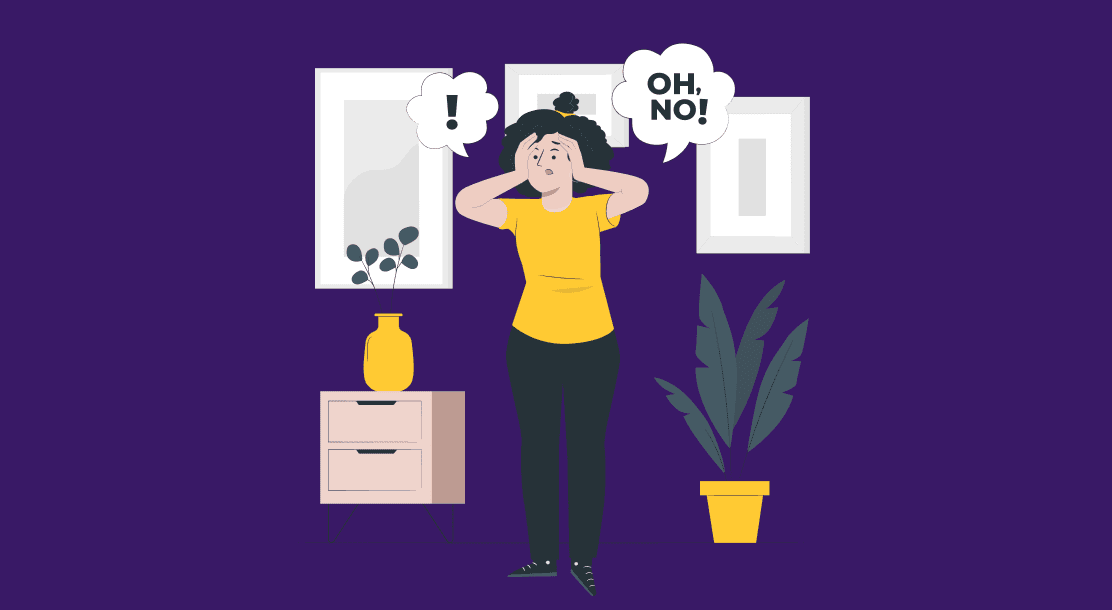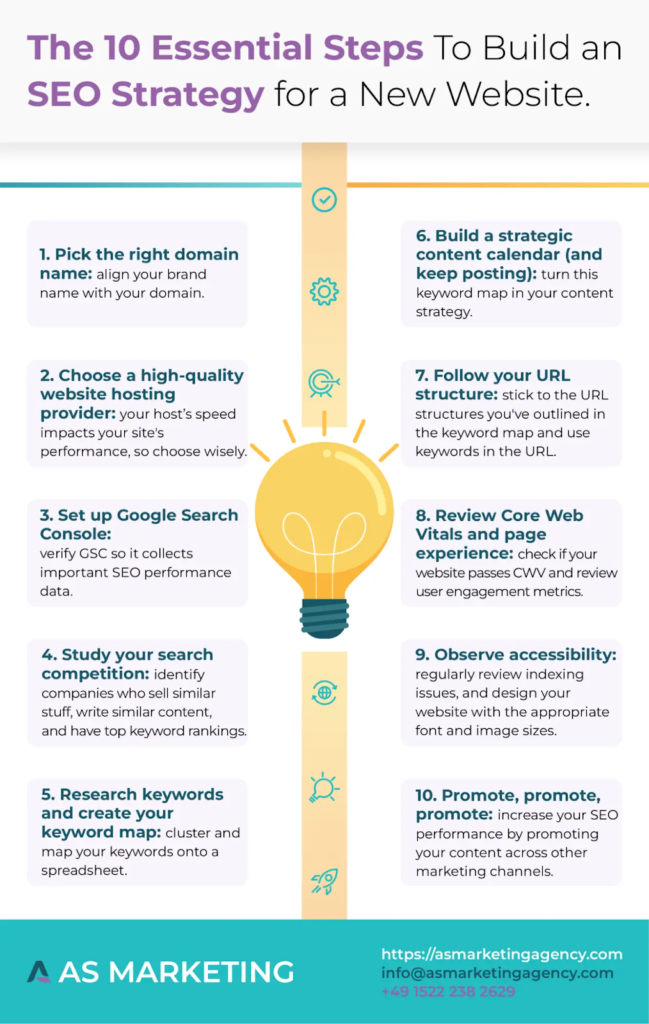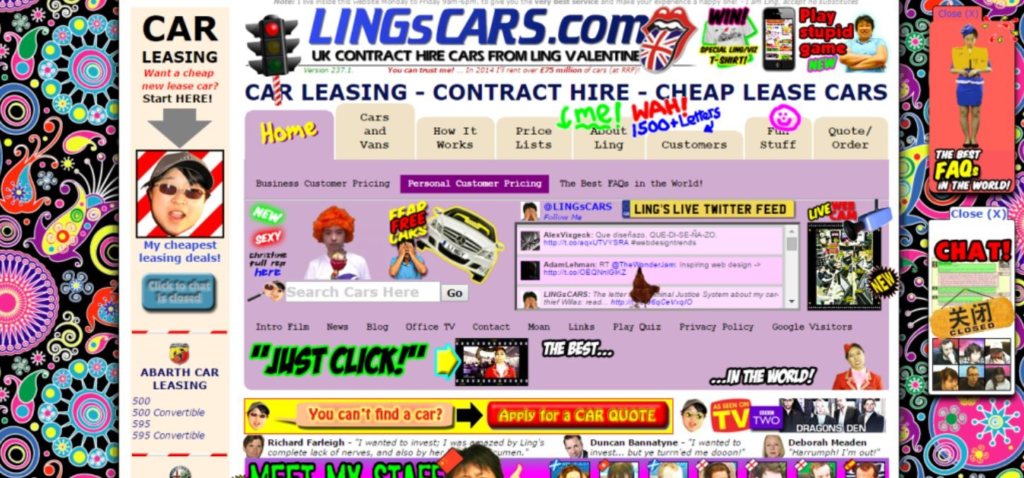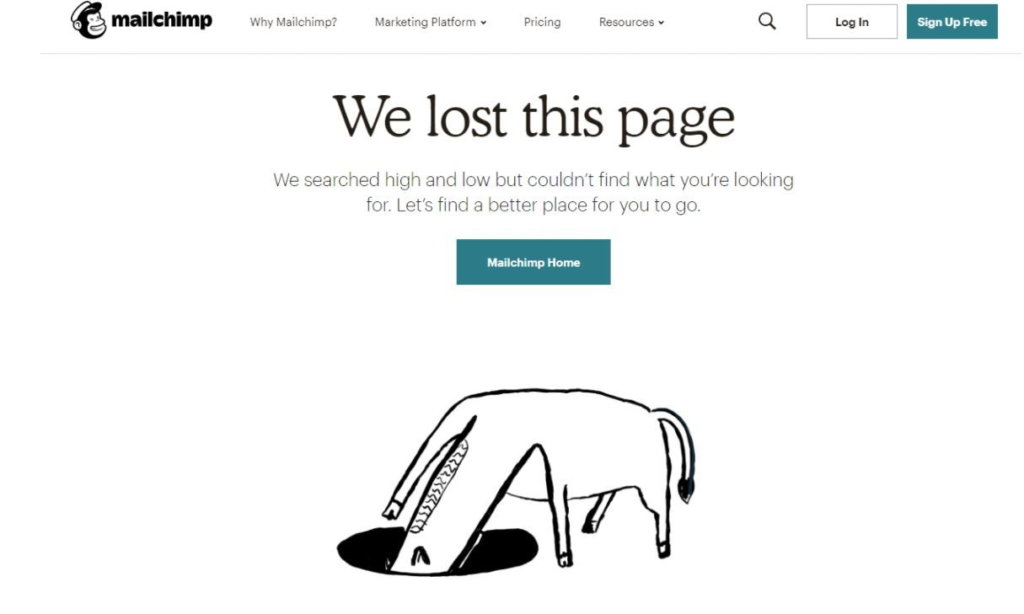
Do you have a website? Then you should be aware of what SEO is, and how to avoid web design mistakes that can end up hurting your SEO efforts. The foundational process of web design needs to include key SEO elements. Typically, SEO web design needs to be built into the process from the beginning. There are some companies, however, that may look at this aspect after the website has been made live.

What Is SEO Web Design?
SEO website design is the process of creating a website to enable search engines like Google and Yahoo to explore a website and cull out relevant information from each page. This process of scanning the entire website is called crawling. As per this information, websites are ranked according to their content quality, relevance, and domain authority.
In order to perform well in terms of SEO rankings, you have to take care of a few things, which are as follows:
- Your domain name should encompass what your website is about, and help search engines understand that.
- Search engines automatically flag websites that are not hosted securely. For example, if your web address starts with HTTP instead of HTTPS, the search engine will flag it as “not secure.” And it is likely that traffic will be diverted elsewhere.
- You should have a content management system (CMS) that is easy to crawl by a search engine.
- Good websites have links that follow the pyramid structure. This allows the link equity and ranking power to be distributed evenly throughout the entire website.
- Inserting keywords (not all, but only the relevant ones) makes it easier for search engines to rank and index your web page. Writing SEO articles can be a much smoother process once you get a good grasp of the SEO fundamentals.
Why Is SEO Web Design Important?
Speaking of web design mistakes to avoid, it is important to understand why SEO web design is important. In order to perform well on search engine results pages (SERP), you need to plan out your web design in a way that satisfies the search engine algorithm. This way, your ranking will improve, and so will your online presence.
And there is no alternative to performing well in search engines, is there? The entire world is consuming content online. Our whole lives are hooked to the internet. So, good SEO web design is no longer a desirable outcome: it is a must-have. According to Statista, approximately five million users actively use the internet worldwide, of which 93% start their activity with a search engine query. These are compelling statistics to tell you why you need to avoid common mistakes in web design that may end up hurting your SEO.
10 Common Mistakes in Website Design
Too many brands are dying a slow death because they have failed to adapt to SEO tactics. To begin with, take a look at these common mistakes in web design that are probably hurting your SEO.
1. Unclear or absent CTA
One of the most common web design mistakes a marketer can make is to not think of a clear and compelling call-to-action (CTA) button. The CTA should be loud and clear, with clear instructions that guide the viewer. A CTA button can’t be something ambiguous, such as “Click Here.” Rather, it should mention an action that the viewer will be curious to undertake, such as “Get Your Copy Now.”
2. Confusing navigation
Many web designers have a peculiar habit of inserting links that say something, but do something different. This process of hidden navigation can be quite frustrating for the viewer, who is probably clicking on a link to buy a book on your website, but is taken to a completely different page that talks about other offers. This is a web design mistake you must avoid.
3. Cluttered design

Look at the above image. How does a cluttered design impact you as a viewer? Clutter is the enemy of creativity. It can be tempting for designers to pack the website with a lot of design elements. But it is more detrimental to your SEO than you may think. The visual overload a visitor will experience will be reason enough for them not to come back to your page again.
4. Inconsistent design
Lack of design consistency will do everything to ruin your reputation as a brand. Be very clear about the logo, theme, colors, and typefaces. Ideally, all these elements should follow some uniformity. Otherwise, your user experience might completely go for a toss.
5. Irrelevant images
Images convey strong emotions. They may appeal more to people than what’s written on your website. However, picking up random images from the internet will not serve your purpose, and it is one of the worst web design mistakes you can make. It will also greatly damage your brand image.
6. Unresponsive design
Good web design is compatible with all sorts of devices: laptops, iPads, and mobile phones. It is extremely common for designers to keep this element of designing as an afterthought. This means, you will end up designing the entire web page for a laptop, which will be difficult to open on a smartphone. And considering most people use the internet on the go, your entire objective of design may already be lost.
7. Slow-loading site
This is a cause of huge frustration for most web users. People hate to wait for a web page to load while they are looking for information on something. This ultimately means low conversion rates.
8. Badly designed 404 pages

Given above is an example of a well-designed 404 page. A 404 page with a sound design goes a long way in engaging and retaining viewers. This is a critical SEO web design element that is often overlooked, making it one of the common mistakes in website design.
9. An unsecured website
Viewers will shy away from visiting websites that are flagged as unsecure by a search engine. An example is an HTTP web page. This is a legitimate cause of concern since hackers may intercept sensitive information through such pages. Avoid such mistakes when choosing the domain for your website.
10. Typographical mistakes
Give enough time and dedicate good resources to plan the typography of your website. This includes the fonts, text color, text positioning, and more. Typographical mistakes can be a costly error in the context of SEO rankings.
Having sound SEO knowledge can take care of many of these web design mistakes and significantly improve your SEO performance. In the long run, this matters a great deal for you to scale your business and build credibility.
Key Takeaways
- SEO web design enables search engines to crawl the entire website and get an understanding of its content.
- SEO web design should be one of the first steps in the entire design process.
- Some of the important factors that determine SEO web design include domain name, hosting strategy, content management system, link structure, and keyword usage.
- SEO web design is crucial to improve SEO rankings and perform well on SERPs.
- The most common web design mistakes that hurt SEO ranking include the absence of CTA, navigation difficulties, unclear images and text, cluttered design, badly designed error pages, unsecure website addresses, incompatible design, typographical errors, and more.
FAQs
The SEO web design process includes creating websites that are easily indexable and fully accessible by search engines.
SEO is the method used to optimize the performance of a web page in order to improve its ranking in search engines.
An unresponsive or a slow-loading page is a huge turn-off for viewers, which may lead them to leave the site altogether. This hurts your SEO and the consequent SERP rankings.
One of the most common web design mistakes is to clutter the web page with too much information or design. This may prevent you from giving out relevant information that a user may be looking for.
Latest Blogs
Explore how Google’s 2025 AI search updates triggered ranking chaos. Learn actionable strategies to adapt your SEO for AI Overviews, zero-click searches, and SERP volatility. Stay ahead now.
Learn how to rank on AI search engines like ChatGPT, Perplexity, and Gemini by optimizing your content for authority, structure, and relevance. Stay ahead in AI-driven search with this strategic guide.
Explore the best healthcare SEO services for your medical practice. Improve online visibility and effectively reach more patients in need of your services.
Get your hands on the latest news!
Similar Posts

Design
7 mins read
15 Best Firms Offering Design Services in India

Design
5 mins read
All You Need to Know About Data-Driven Design

Design
6 mins read